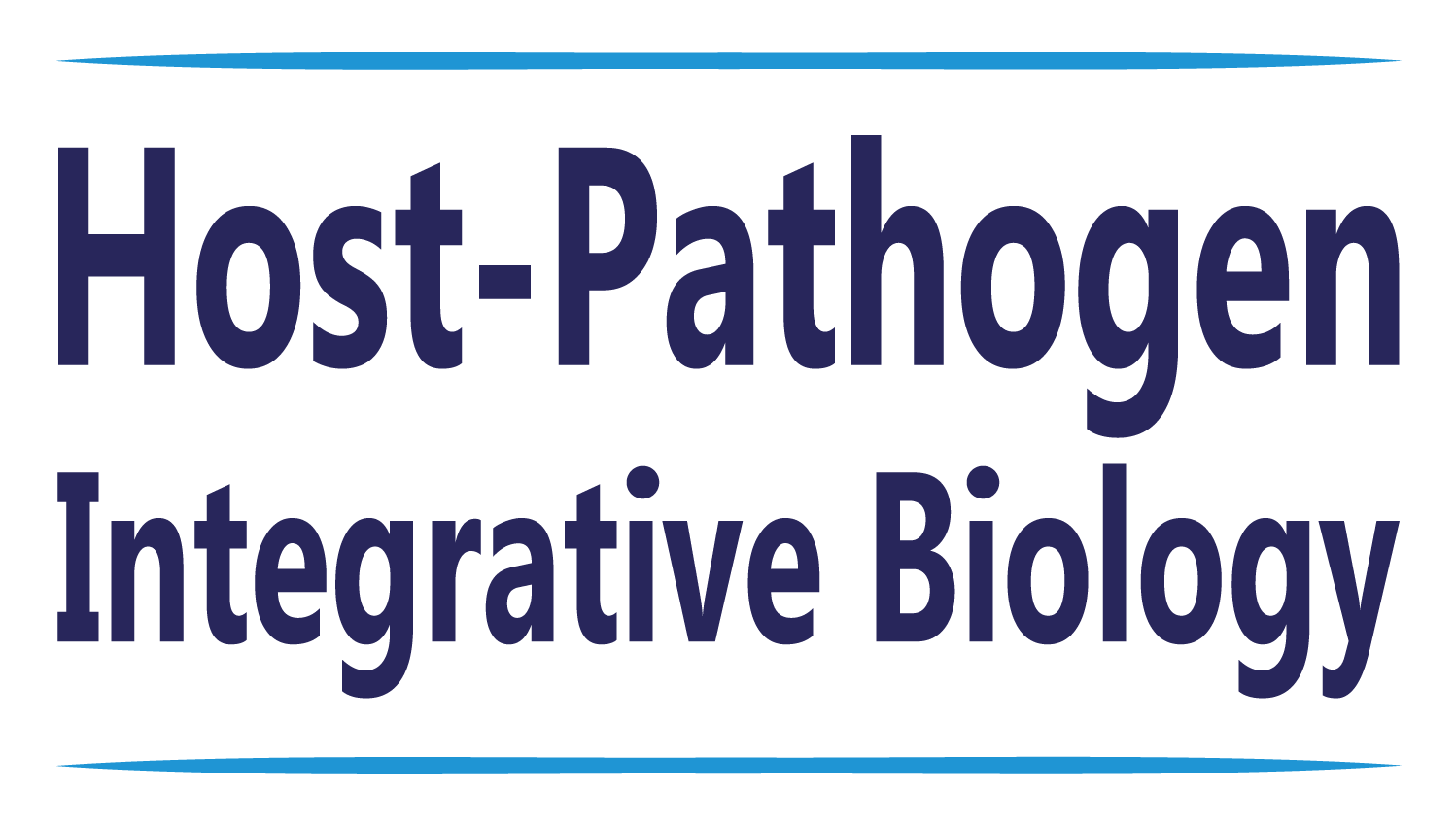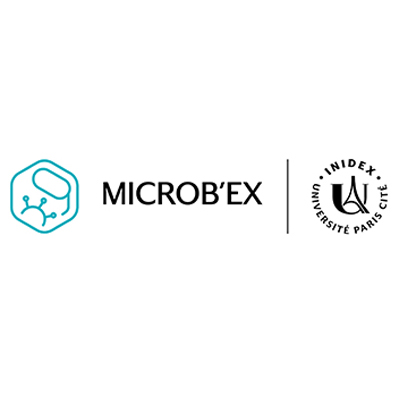Host-Pathogen Integrative Biology

In the field of host-pathogen interaction and disease modelling, it is now widely assumed that infection outcome is the combined result of many factors including the virulence potential of microorganisms, the manipulation of signaling pathways and the immuno-metabolic host responses. In addition, evolutionary and ecological factors are involved in the outcome of infections. Therefore, we are engaged in an integrative approach that brings together clinical observations, fundamental and clinical microbiology, molecular biology, immunology, cell biology, and structural biology to identify the bacterial determinants influencing the outcome of infections and to determine markers for diagnosis, as well as new targets for prevention and treatment.
To this end, we focus on model organisms that are bacterial inhabitants of the mucosa and the skin, Pathogenic Neisseria and Staphylococcus aureus. The strength of these models lies in their ability to colonize a significant proportion of the human population, with over 20% of individuals carrying N. meningitidis or S. aureus, and the extreme severity of the diseases they may cause. We address two main questions:
– How does bacterial adaptation to the host influence virulence?
– How do bacteria take advantage of host responses to cause disease?
Our Lab is part of the Necker-Enfants Malades Institute (INEM) on the Necker campus that also hosts the Necker-Enfants Malades Hospital and the Imagine Institute. In addition to the amazing location we enjoy in the center of Paris near the Invalides and the Eiffel Tower, we benefit from the cutting edge technological platforms of the campus (cytometry, cell imaging, proteomic…).
At Institut Necker Enfants Malades, our mission is to drive scientific progress and translate knowledge into tangible solutions for current health challenges. Here are our guiding principles:
Scientific Excellence – We have a longstanding tradition of innovation and advancement in medical research, consistently at the forefront of discovery.
Translational Research – We bring together researchers and clinicians to translate scientific breakthroughs into practical treatments for patients.
Collaboration – We believe in the power of multidisciplinary collaboration, working with partners to maximize our impact and innovate together.
Knowledge Sharing – We are committed to sharing our findings with the scientific community, healthcare professionals, and the public to promote the advancement of medicine.
Through our work, we aspire to not only address current health challenges but also anticipate future needs. Our vision for the future includes significant advancements in key areas: precision oncology, metabolic and chronic diseases, immunology and infectious diseases, genetics, epigenetics and cellular biology, hormonal factors and brain function, and translational and personalized medicine









